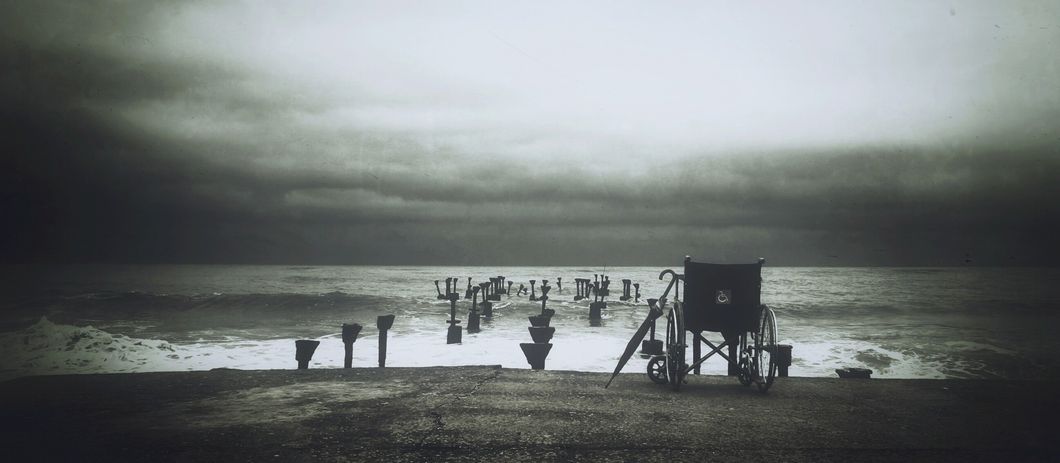12 Things You Should Know About People With Rare Diseases, From Someone With Hereditary Multiple Exostoses
We do exist, even if you don't hear about us.
I was born with a rare genetic disorder called Hereditary Multiple Exostoses (it's now called Hereditary Multiple Osteochondromas, but I still call it HME). This means I have these benign tumors called osteochondromas on the ends of many of my bones. Because of this, HME also causes short stature (I'm 4'11.5" — that half inch is veryimportant), flat-footedness, skeletal malformations (knock knees, bowing of the forearms, etc.), and frequent, sometimes unbearable pain from nerve, muscle, and tendon compression.
People with HME also have a chance of developing a cancer called chondrosarcoma — cartilage cancer — later in life.
Now, I am not in any way representative of all people with rare diseases and disorders. I mean, according to GARD (Genetic and Rare Disease Information Center), a disease is classified as rare in the US when there are less than 200,000 Americans who have it, and there may be as many as 7,000 rare diseases and disorders out there.
Because my disorder is classified as a rare disease, I do know what it's like to live with one. Still, it's important to speak with others who live with rare diseases and disorders to learn more about their experience because we are all unique. What's true for me may not be true for someone else and vice versa, as all rare diseases and disorders are very, very different.
In the meanwhile, here are 12 basic things you all should know about living with a rare disease/disorder.
1. Practically nobody has ever heard of our disorder — even most medical professionals
When I was in elementary school, the school nurse kept insisting I had scoliosis, even though my doctor had filled out the same paper twice saying that I did not have scoliosis and the name of my condition was in my school file since kindergarten. My mom finally told her I had Hereditary Multiple Exostoses and explained what it was, and the nurse replied, “Oh, I thought that was a hereditary eye disease." #TrueStory
2. We can’t just see any doctor
Since most medical professionals don't handle rare diseases and disorders on a regular basis, we have to see a specialist frequently. We may even have to see more than one.
3. We frequently end up explaining what our disorder is to others
In layman's terms because if we use all the medical jargon, you all just have more questions. But, this also means we become a mini-expert on our specific condition because we have to be prepared to explain what it is to basically everyone.
4. Most of us don’t know anyone else with our disorder — except our family if it’s genetic
Because a person with HME has a 50% chance of passing it to their kids, I'm literally related to all the people I know with HME. I have never, ever met anyone outside my family with HME. But, I guess it is called a “rare disease" for a reason.
Still, it's hard not to have anyone else you can relate to.
5. Most of the time, there is no cure
Most rare diseases and disorders are very poorly researched. That means, most of them have no cure or prevention.
6. Treatment for it is often limited and not well studied — if there even is any
The common treatment of HME is surgery (really the only treatment besides pain management), and some of those procedures are frankly ineffective, to say the least — like the one I had done to “correct” my severe flat-footedness by putting screws in my ankles. Eight years later and my feet still have no arches and I’ve suffered from chronic ankle pain ever since. Thanks doctors!
But, at least it is something. Many other rare diseases and disorders have no known or standard treatment.
7. As a result, we frequently rely on “home remedies” to get by in our day-to-day lives
We always end up having to find our own ways to cope with our diseases due to the lack of options. Sometimes these remedies can be effective, but most of the time they only offer some relief.
8. Insurance is a nightmare
Having a rare disease or disorder is expensive, so insurance is a must. But, before the Affordable Care Act (a.k.a Obamacare), insurance companies could deny us health insurance due to our “pre-existing conditions." And if we got insurance, it was extremely expensive. We were essentially punished for something we couldn't control.
This is why any health insurance legislation NEEDS to have protections for people with pre-existing conditions. Healthcare is a basic human right. Insurance companies don't need a reason to deny anyone coverage, and many of us don't have the capability, resources, or the privilege to fight that decision if they do.
We didn't choose to have a rare disease, so why should insurance companies be allowed to discriminate against us for something we don't have a say in?
9. We hate hearing, “Well, there’s probably someone out there who has it worse than you”
A family member once told me that I must not have it “that bad" since I wasn't having surgery every single year of my life (as if that is a measure for how “bad" a condition is). Like, I know my situation and my condition could be worse. But, that doesn’t mean that anyone gets to delegitimize me by telling me that it could be worse.
Don't be the asshole who does this. For one, you do not know how much pain we actually are experiencing because of our condition. And for two, no matter how severe our condition may or may not be, we are still allowed to talk about our experience with it.
10. We also hate when people compare us to others with our disease
Look, I am not representative of every single person with Hereditary Multiple Exostoses. I can only speak for myself. Nobody, including me, can compare my experience with HME to anyone else's. So, don't compare me to my cousin or my dad or anyone else who has it.
My experience is different than theirs.
Again, don't be the asshole who does this. Our experience and our pain is still valid, even if someone with the same condition may or may not have it worse than us.
We are NOT having a freaking competition to see who’s pain and suffering is the worst.
11. We do have some limits, so please keep that in mind
Unfortunately, many of diseases and disorders do come with physical limitations — some more than others — and that's okay. Everyone, rare disease or no, has their limits. We just have to learn to work around those things.
Please respect our limits. Nobody knows our bodies and our abilities better than we do. If we say we can't do something, then don't keep pushing the issue (*cough* gym teachers *cough*). Depending on what it is, we could get seriously hurt.
12. We are not our disease
Having a rare disease is just one aspect of our identities. It may impact our life on a daily basis to varying degrees, but there is so much more to us than our diseases. And we can still live a healthy, full life despite the fact that we have a rare disease or disorder.
I am lucky that despite the fact my disorder has no cure, there is some research out there and a treatment — albeit with sometimes questionable effectiveness. But, there are many rare diseases and disorders out there with no research, no treatment, and no cure. Many even go undiagnosed for years due to the obscurity of the disease.
One of the most important things you can do is help us advocate. Advocate for more funding towards the research of rare diseases. Advocate for protections for people with pre-existing conditions to keep insurance companies and other healthcare organizations from discriminating against us. Advocate for more accessibility to help all of us, no matter what our condition, live our lives the way we deserve to.
Also, help spread awareness that we exist, that our conditions exist — it's vital to help encourage more research into these conditions so that we can prevent, treat, and even cure them. And more awareness could help change the life of someone suffering in silence by getting them the correct diagnosis.
As I've said, HME is just one of about 7,000 rare diseases and disorders out there. You can learn more about the different rare diseases from GARD and NORD (National Organization of Rare Disorders). There is also a Rare Disease Day on the last day of February every year to help bring awareness to these conditions.
People with rare diseases and disorders aren't talked about much. But, we do exist and our stories need to be heard.

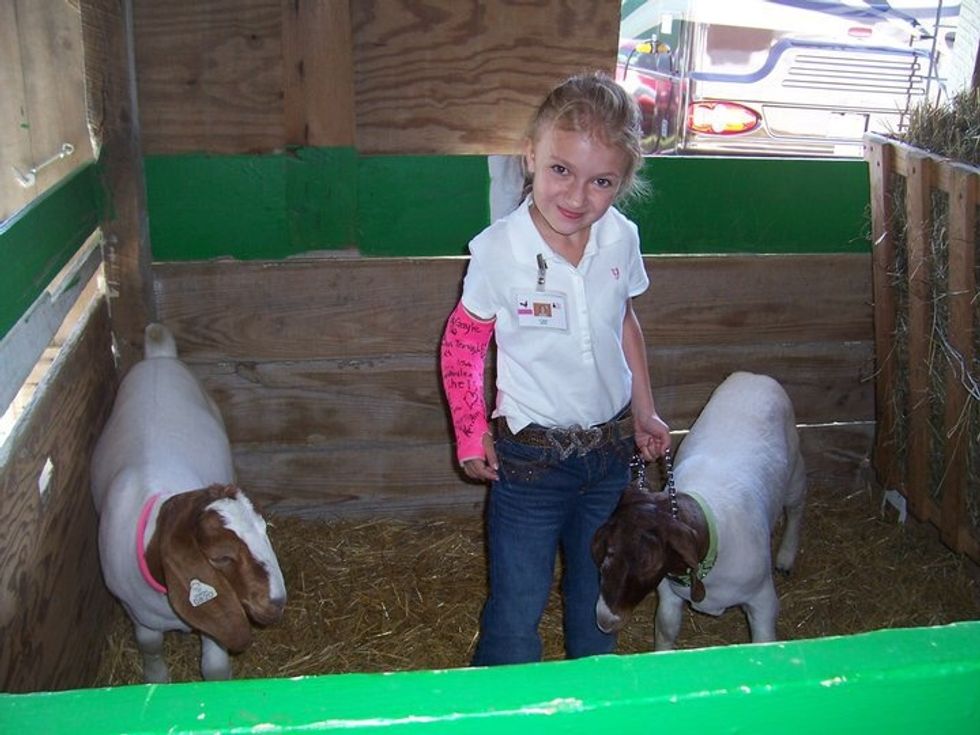
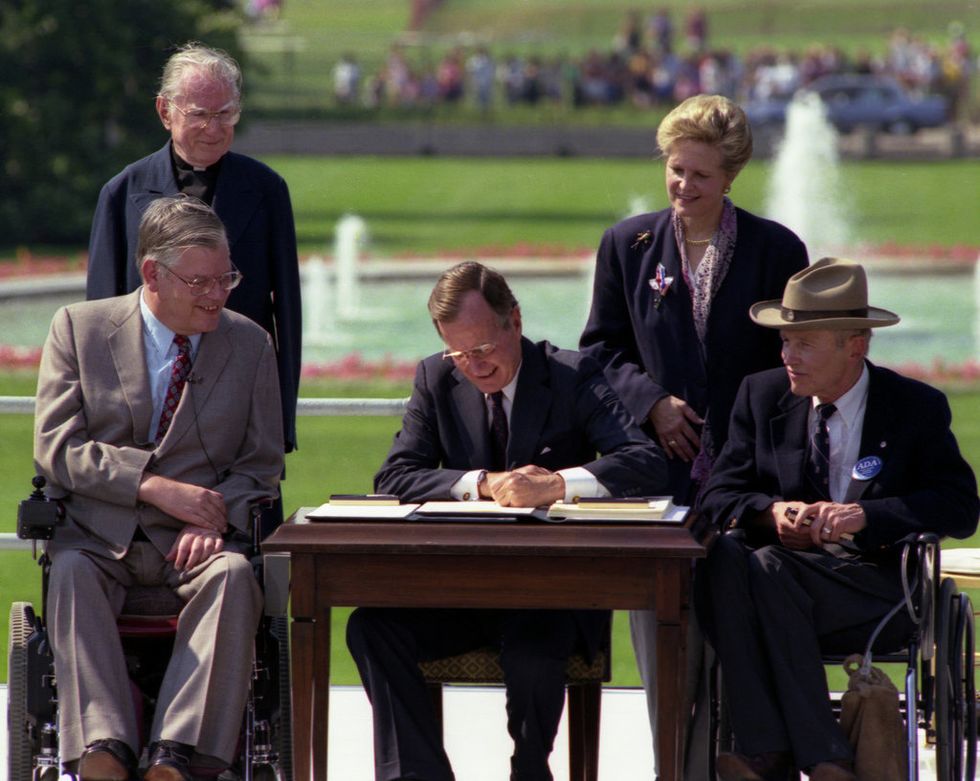
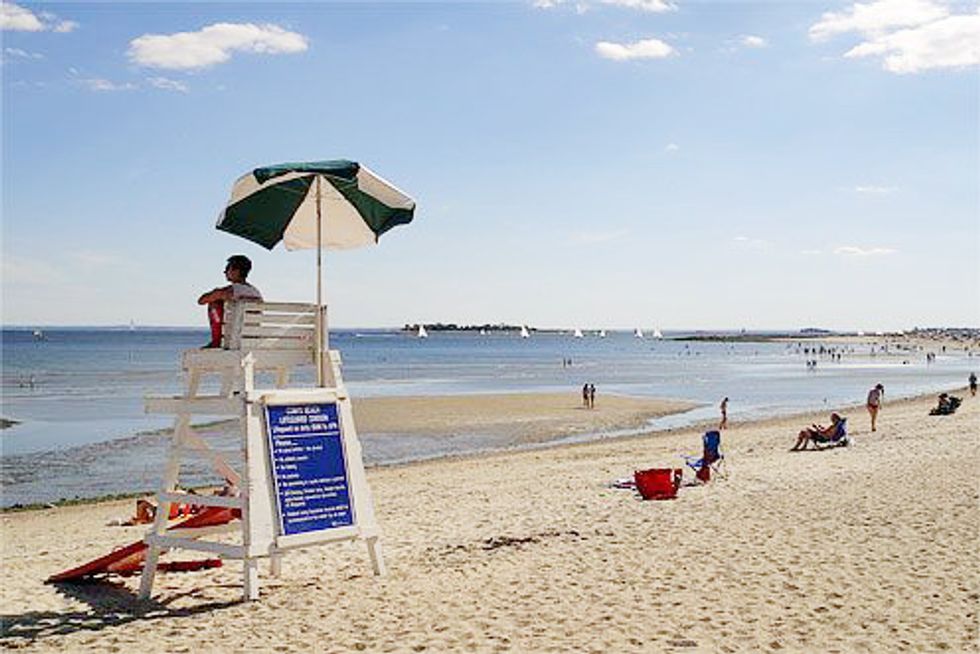
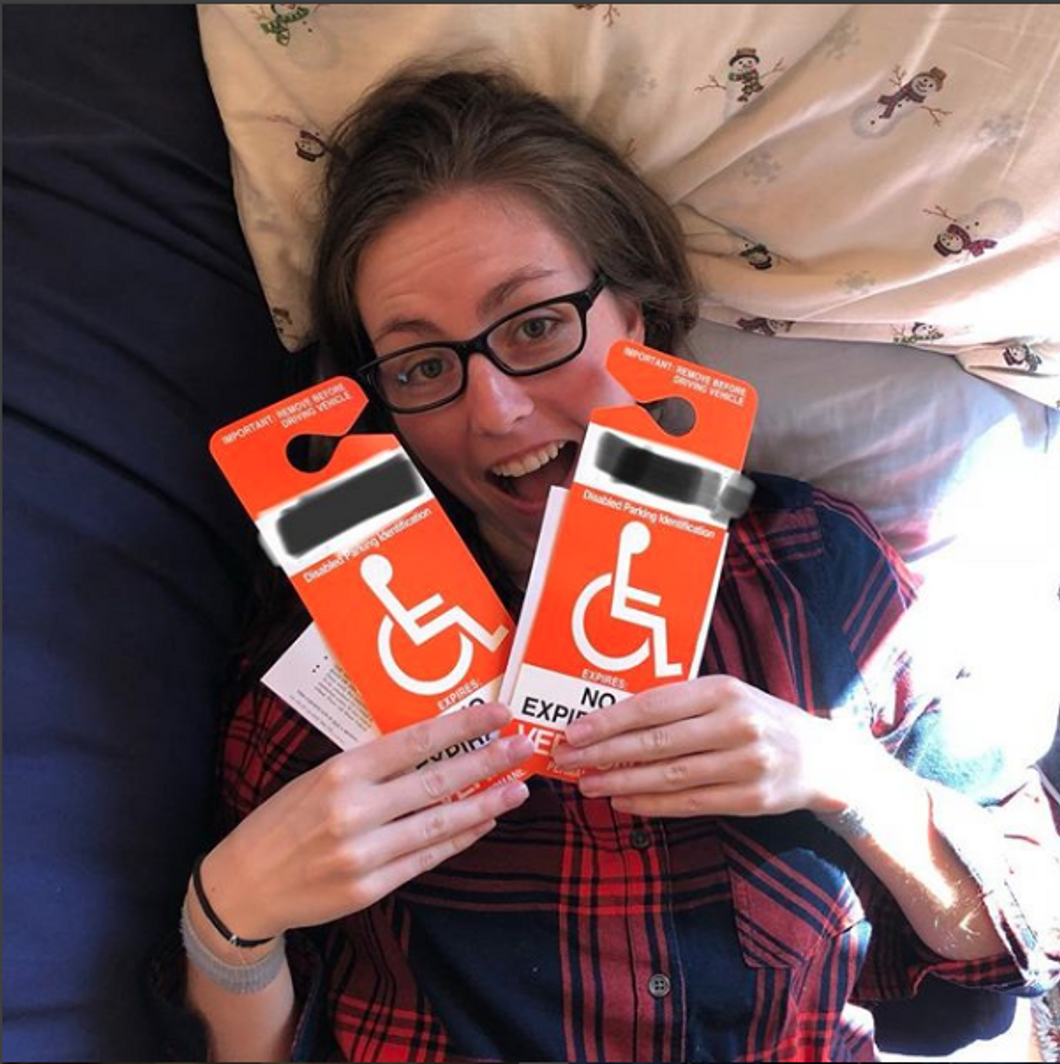
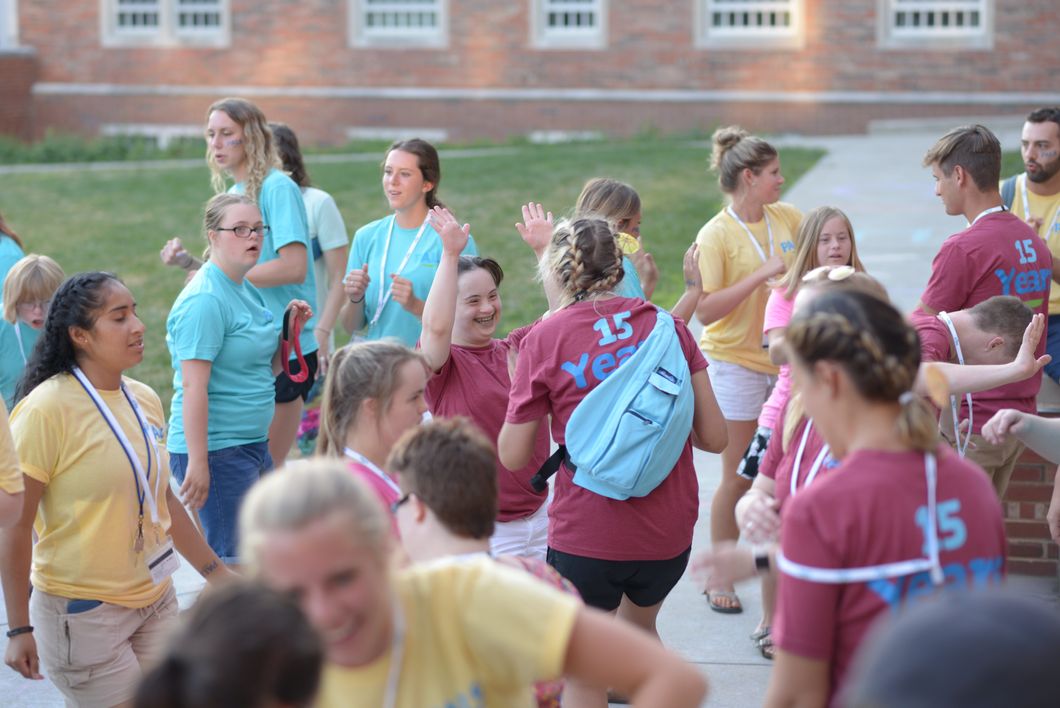
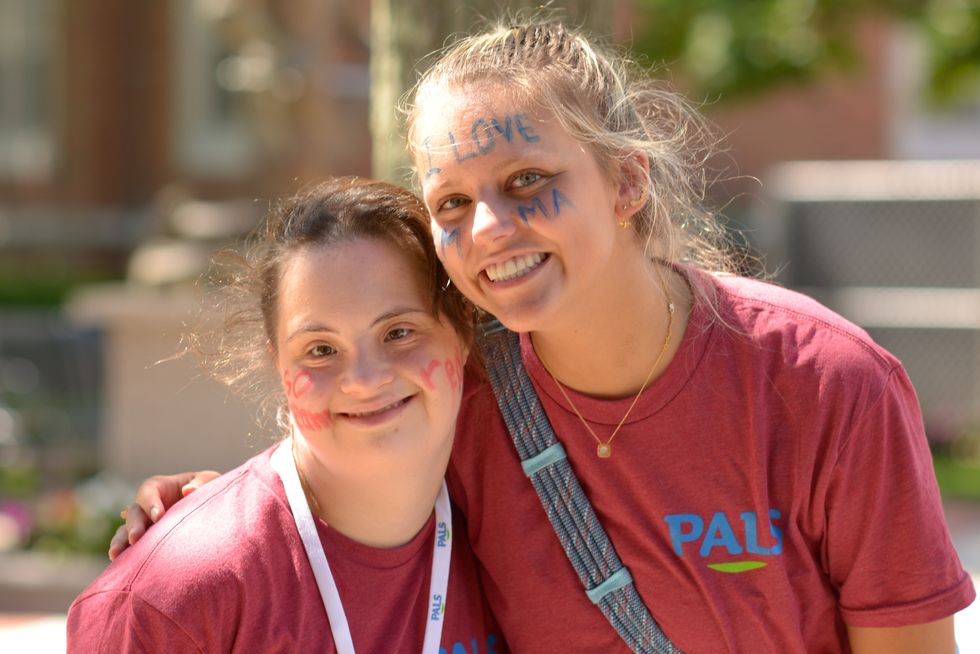 PALS Cleveland
PALS Cleveland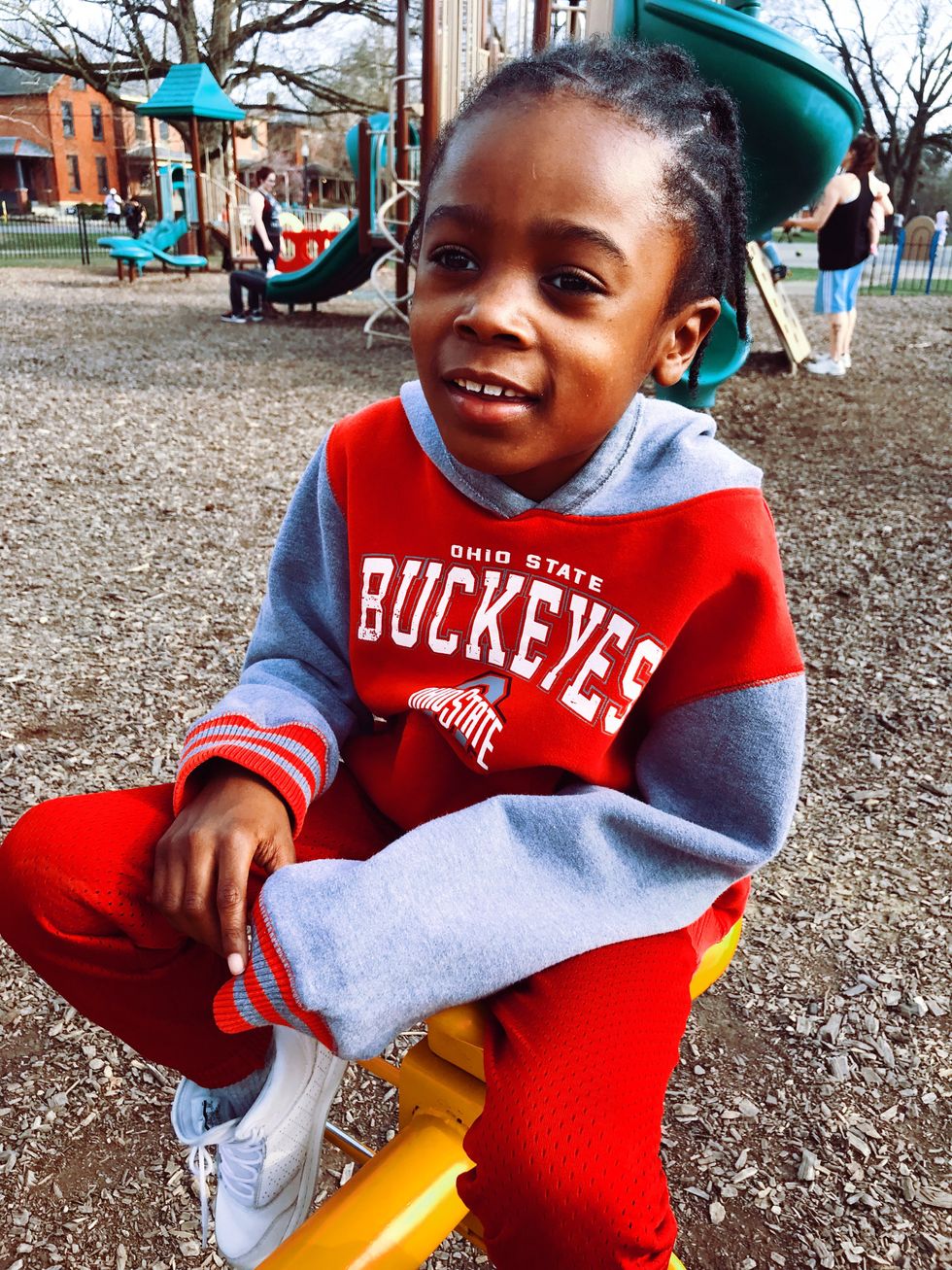 Sophie Rudloff
Sophie Rudloff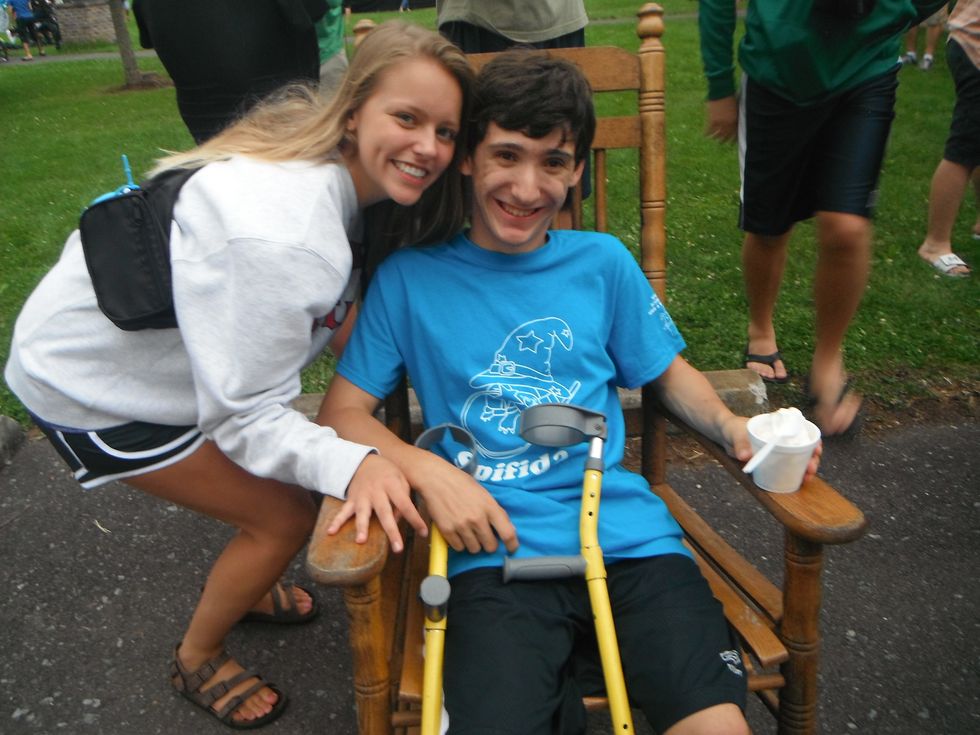 Sophie Rudloff
Sophie Rudloff